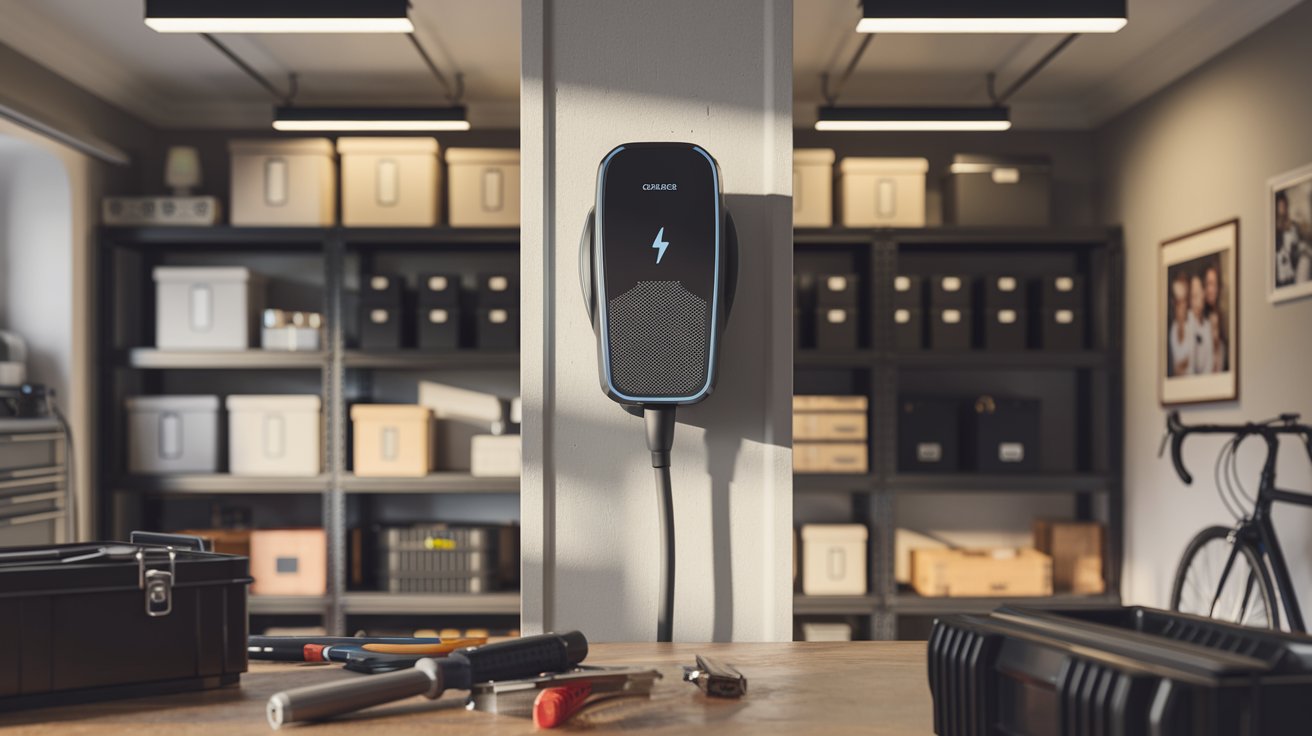
Are EV Chargers Free Or Just Another Hidden Cost
Electric vehicle charging stations dot America's landscape. The question burns in every EV shopper's mind: will these plugs drain your wallet? The truth hits hard.
Complimentary charging exists but grows scarce daily.
Most public DC fast chargers demand payment—typically $30-$60 per kilowatt-hour.
Some chargers cost nothing. The charging infrastructure now spans over 50,000 public stations nationwide, yet the free charging landscape shrinks fast.
Drivers face a mixed reality where some plugs offer zero-cost power while others extract payment. The charging game changes quickly.
Smart EV owners learn the rules.
Read More
Are EV Chargers Universal Across Global Standards
Electric vehicle chargers speak different languages. A Tesla driver pulls up to a charging station in Europe.
The connector hangs in their hand.
It doesn't fit.
This happens daily across the world.
EV charging standards fragment across continents like broken glass. North America created one system.
Europe built another. Asia developed its own.
The charging landscape shows a patchwork of standards rather than one network.
Interoperability matters whether you drive an EV now or plan to buy one.
This guide shows which plugs work where and why they differ.
The industry moves toward standardization. What does this mean for your drives today?
Read More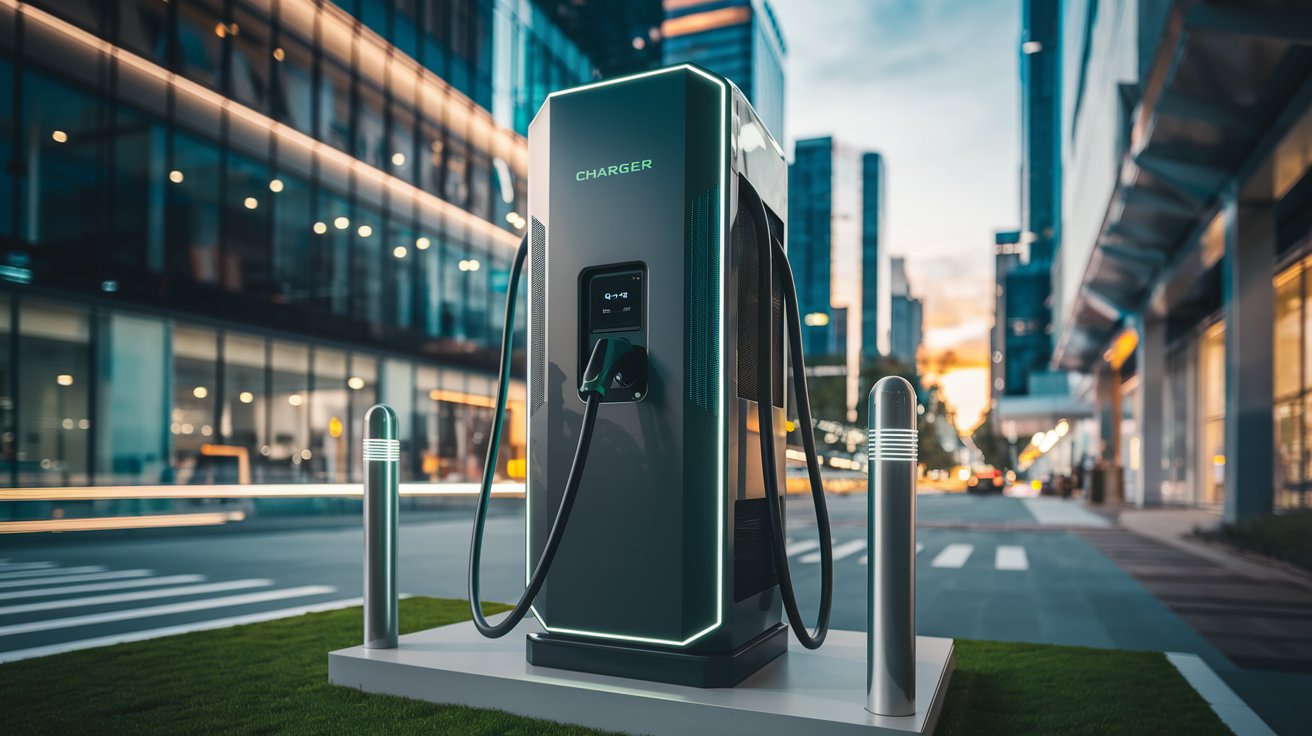
Are EV Chargers Waterproof For Outdoor Use
Electric vehicle chargers face rain, snow, and sun daily. Most EV owners ask if their chargers can survive outdoors.
Weatherresistant technology protects these devices, but few are truly waterproof.
They resist water.
Read More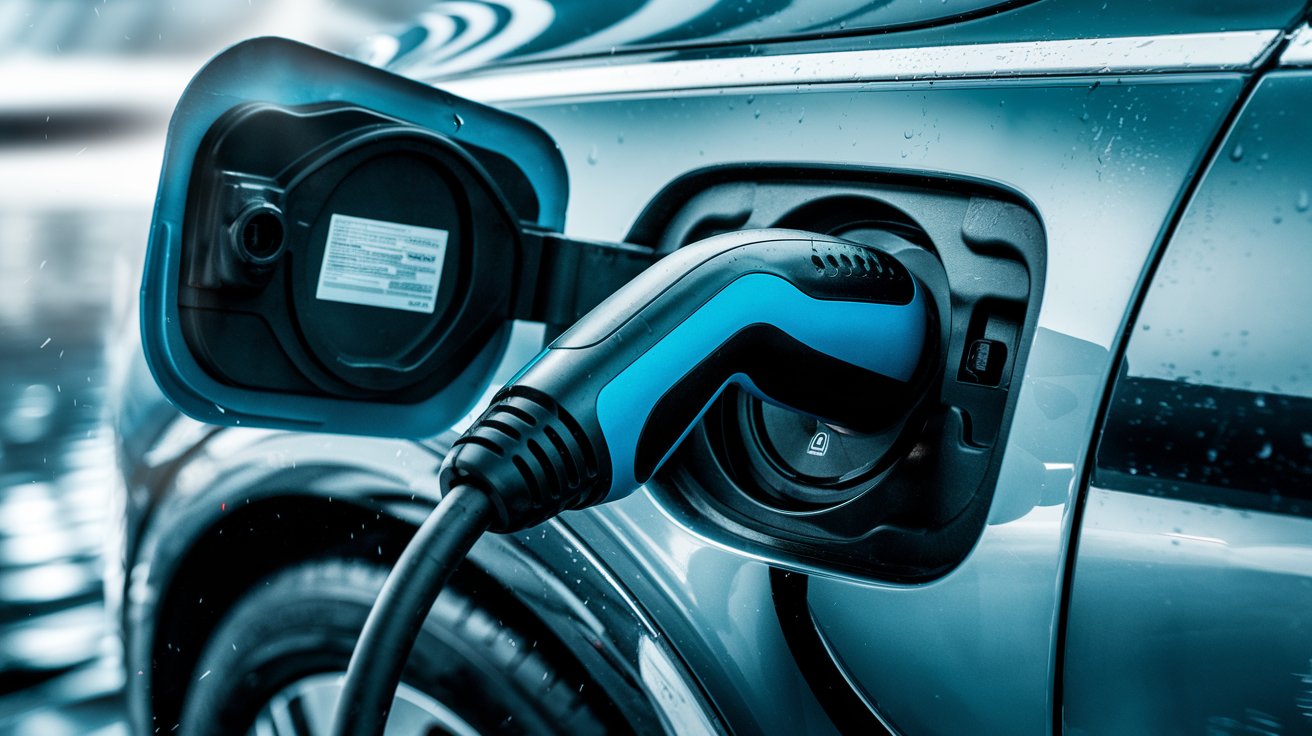
Are EV Chargers Tax Deductible For Homeowners And Businesses
Money talks. Alternative Fuel Vehicle Refueling Property Credit makes installing an EV charger puts cash back property improvement deductions in your pocket through substantial tax incentives.
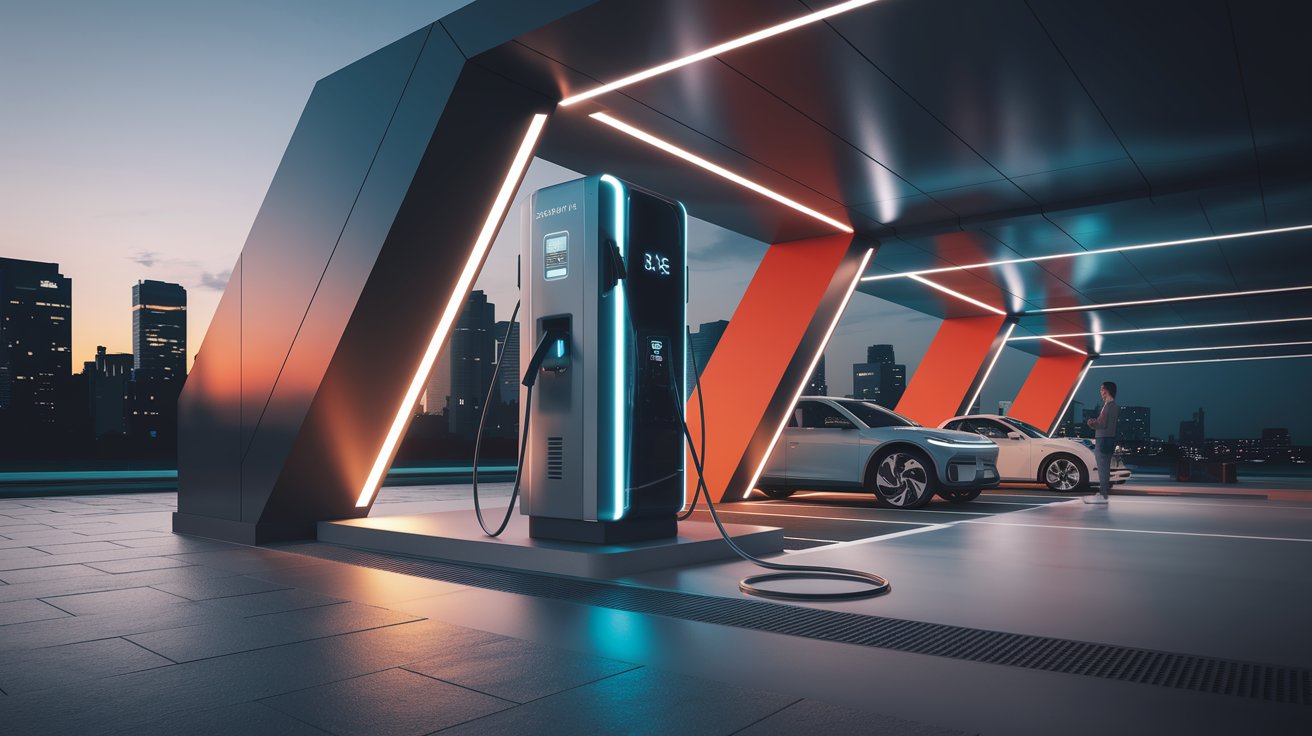
Are EV Chargers AC Or DC Power Systems Explained
Electric vehicle charging splits into two worlds: AC and DC. Your car's battery only accepts DC power, but the grid delivers AC.
Power conversion creates the central challenge in EV charging technology.
The conversion must happen somewhere - either inside your car or at the charging station itself.
EV chargers come in both AC and DC varieties, each with distinct advantages for different situations. This difference affects everything: your charging speed, equipment costs, and where you can power up.
Kilowatthours get transferred differently depending on which system you use. The choice isn't just technical trivia.
It determines how quickly you'll get back on the road and what equipment you'll need at home.
Read More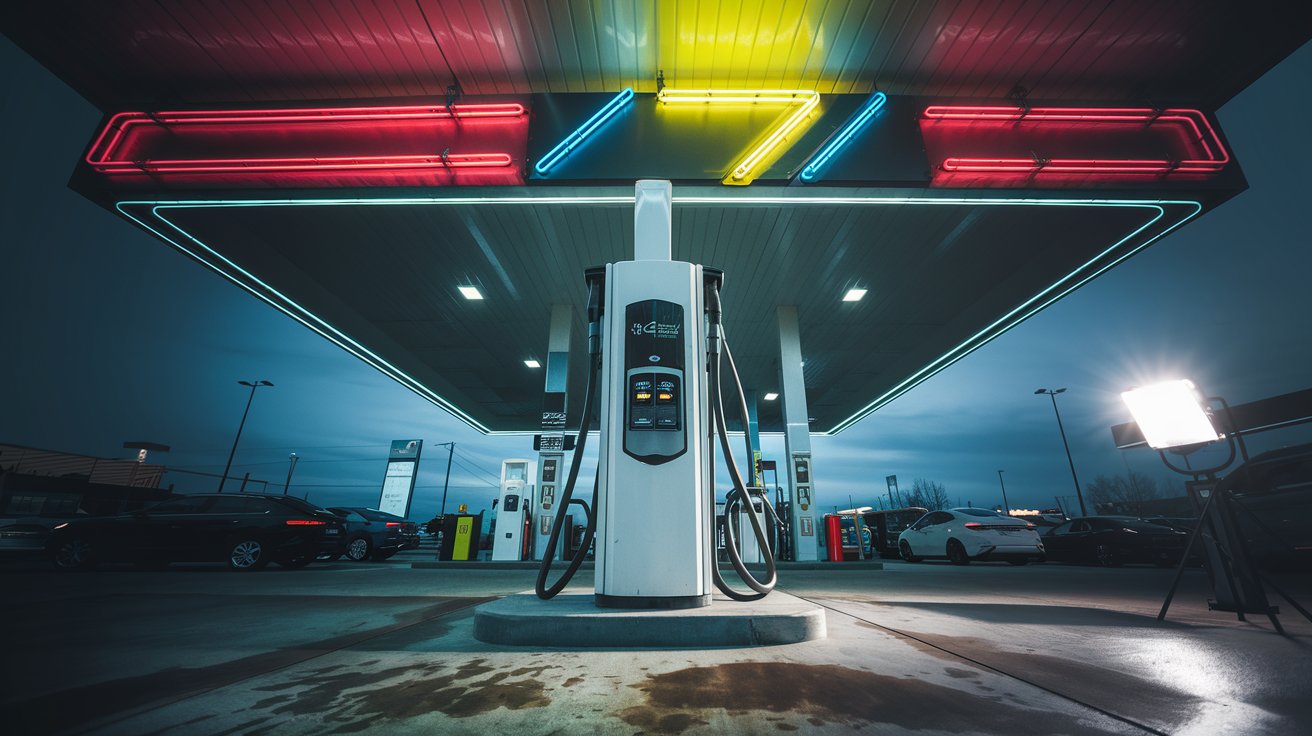
Are EV Chargers Free To Use Or Will They Cost You Money
Electric vehicle charging brings hard truths about cost. Some chargers cost nothing.
Others empty your wallet faster than a hole in your pocket.
The charging landscape splits into three categories: free stations, subscription models with varying pay-per-use structures, and home setups.
Read More
Are EV Chargers Profitable Investment Opportunities
Money flows where opportunity grows. Electric vehicle charging stations stand at the crossroads of green innovation and profit potential.
The question isn't if EV infrastructure will expand—it's who will profit from it.
ROI analysis reveals multiple revenue streams beyond simple electricity sales.
Investors face utilization rates climbing sharply with a market projected to grow tenfold by The charging landscape offers various entry points across the spectrum.
Level 2 chargers provide steady neighborhood service while keeping initial costs manageable. DC fast charging captures premium highway customers seeking quick power solutions.
Read More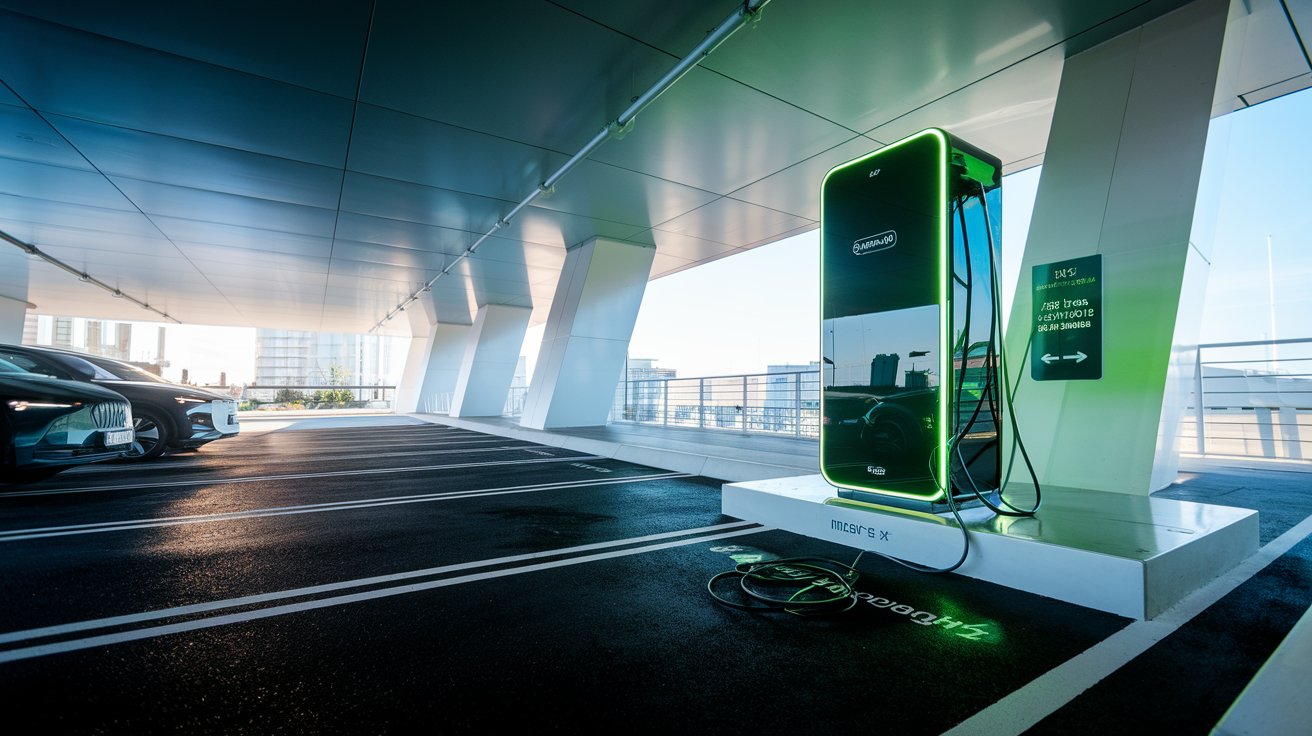
Are EV Chargers Required By Building Codes Nationwide
Electric vehicles crowd American roads in growing numbers. Your home or business might need charging infrastructure that meets local regulations.
EV charging station building codes vary dramatically across the United States.
No uniform national mandate exists.
Building codes in progressive states set clear requirements.
Read More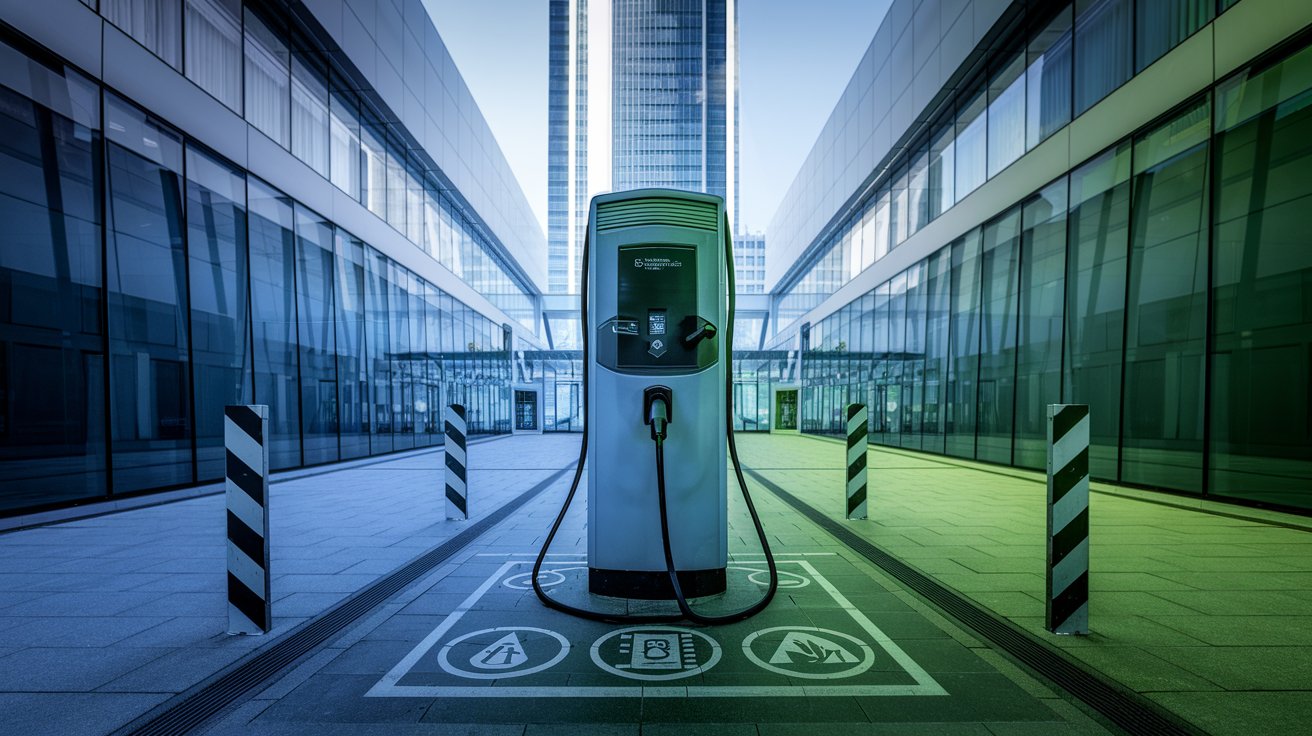
Are EV Chargers A Fire Hazard
Electric vehicle safety standards shape the chargers sitting in garages across America. They power our transportation future with advanced thermal management features.
But people wonder - do these devices threaten our homes?
The facts burn simpler than headlines suggest. Properly installed, UL certification ensures chargers rarely cause fires.
They connect to electrical systems like other household appliances, but employ stronger safety protocols through sophisticated circuit protection mechanisms.
Charging station fire prevention begins with equipment selection.
Read More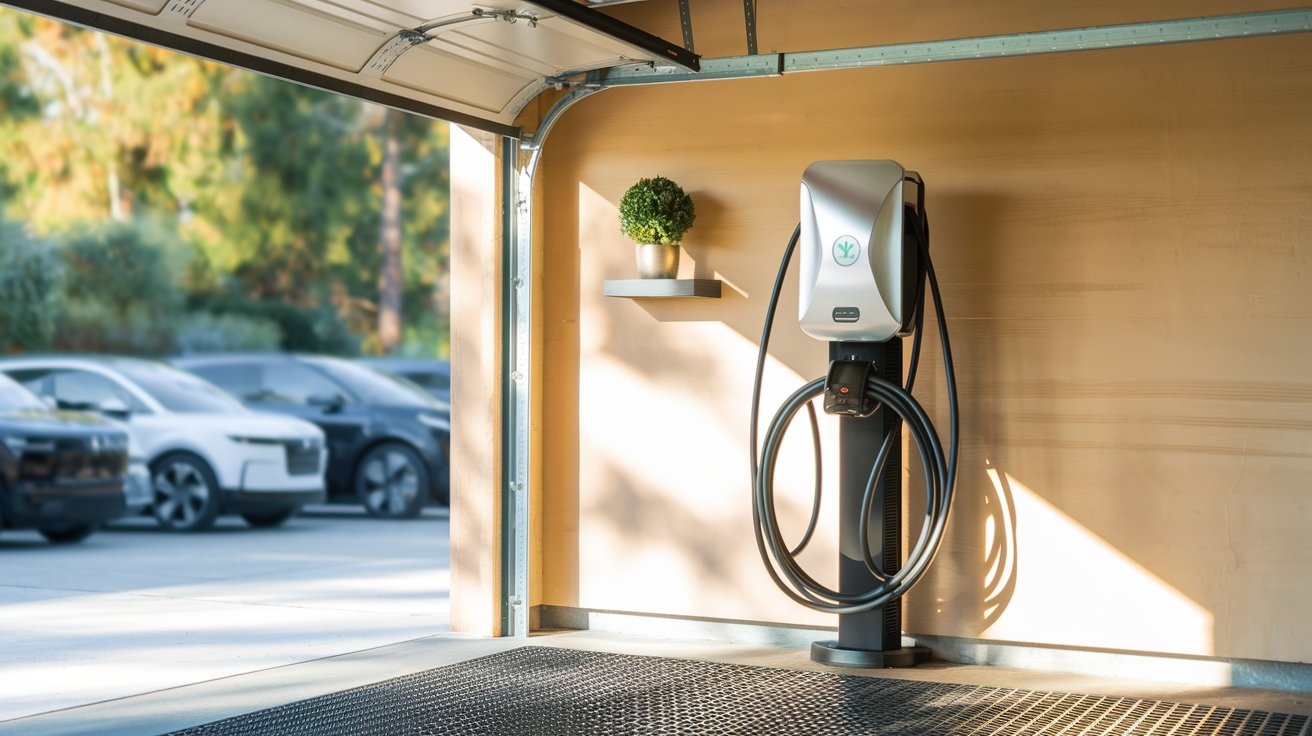
Are EV Chargers Dangerous For Home And Public Use
Electric current flows through devices we trust each day. The truth stands clear.
Modern charging equipment presents minimal electrocution risk when installed correctly and maintained properly. Electric Vehicle Supply Equipment contains multiple safeguards engineered to prevent accidents.
Legitimate concerns exist nonetheless.
Safety features built into quality chargers shield your home, vehicle, and family from potential fire hazard threats.Read MoreThe dangers stem not from the technology itself, but from faulty installation or damaged equipment.
In the Electric Vehicle Charger News section, stay up-to-date with the latest happenings and trends in the world of EV charging. As the market rapidly evolves, we provide you with timely updates on innovations, new product launches, and developments in technology that impact electric vehicle charging infrastructure. This includes news about government policies, industry regulations, and advancements in charging technology that shape the future of electric mobility.
We also highlight key events and conferences focused on electric vehicles and sustainable transportation. Our news articles aim to keep EV owners, enthusiasts, and stakeholders informed about the dynamic changes in this exciting niche. Join us to explore the future of electric vehicle charging and become an informed part of the conversation as the industry transforms.

